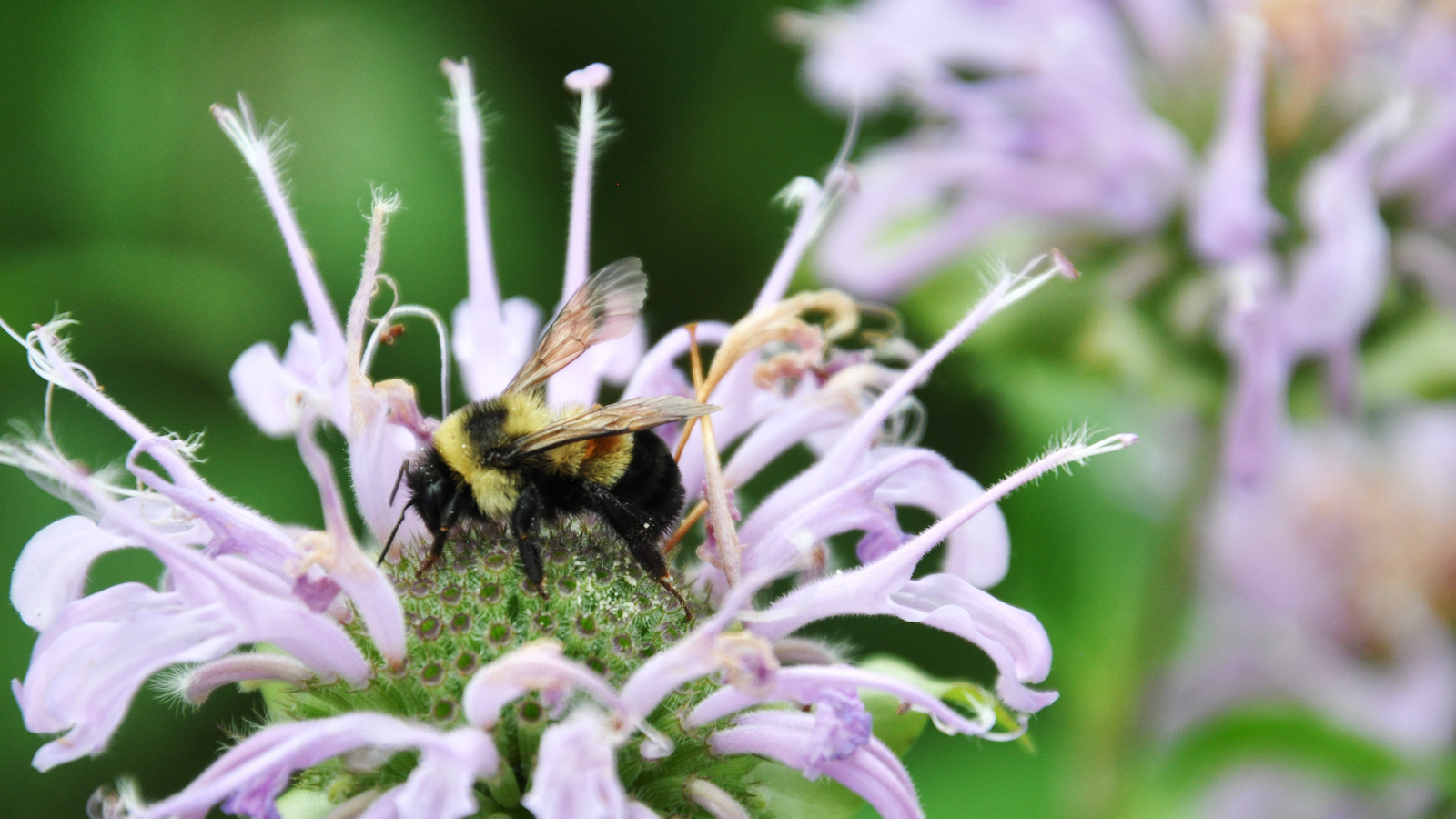
Reducing wildlife collisions in Oregon
It’s a win win win for wildlife, drivers and common sense.
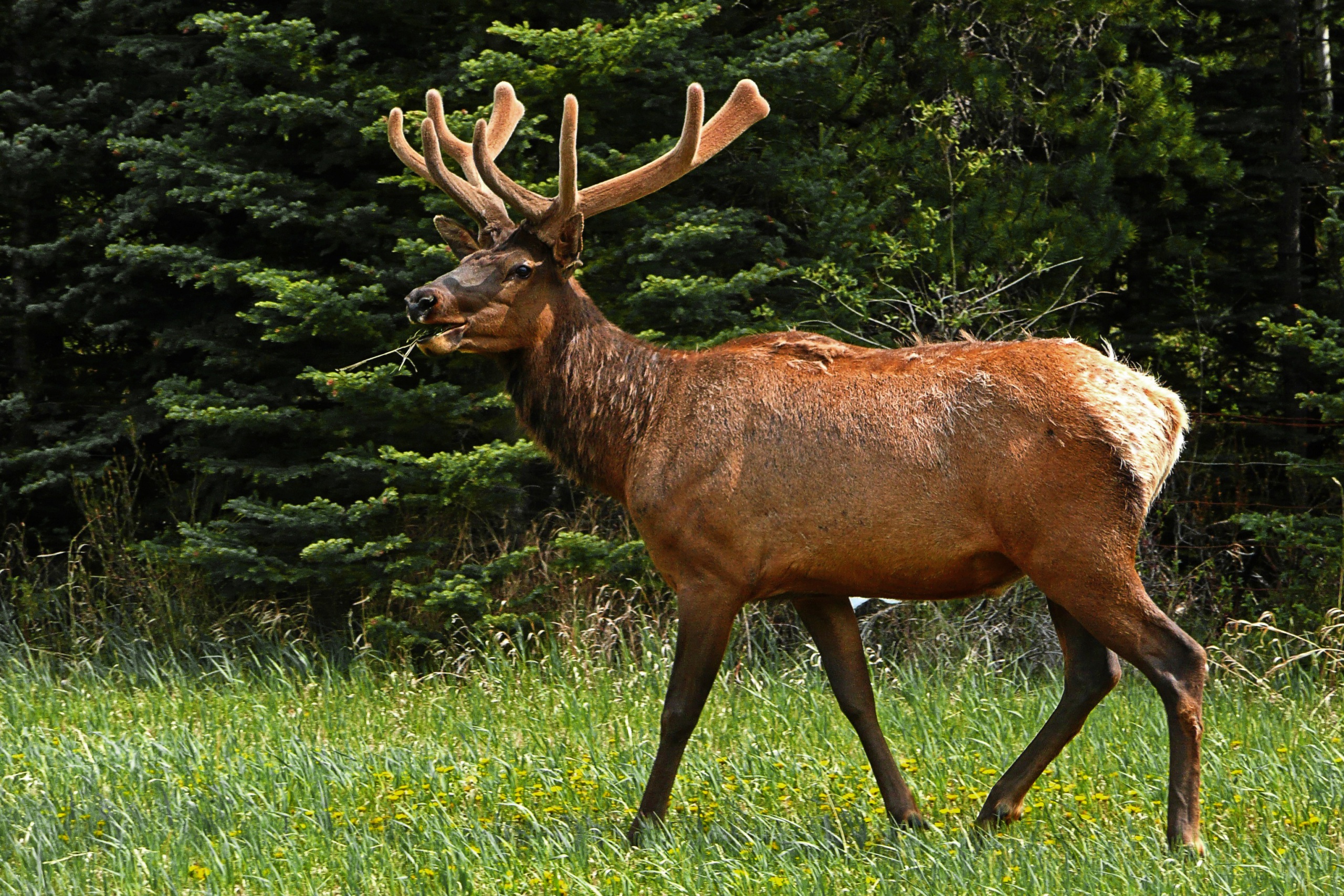
The Lava Butte wildlife underpass near Bend is frequented by all sorts of wildlife from elk and deer to bobcats and badgers. As expected, the crossing saves the lives of wildlife (and drivers). For instance, deer-vehicle collisions in the area are down by 90%.
If only Oregon could build more wildlife underpasses, overpasses and other crossings.
Soon we can.
Via the budget bill, the Oregon legislature is investing $7 million in wildlife crossings. We send a big thank you to Rep. Ken Helm and the bipartisan herd of wildlife crossing supporters in the legislature. (See what I did there?)
Said Rep. Helm: “Strategic wildlife crossing projects will help foster a safer and more sustainable transportation system for years to come. I am grateful to my colleagues in the legislature for this proactive investment.”
Couple this new state money with the $350 million in the federal, bipartisan infrastructure law and suddenly we have the funding to invest in these simple-in-concept and yet-not-cheap wildlife structures.
What else isn’t cheap? Collisions. According to a 2008 report from the Federal Highway Administration: “The best estimate of the total annual cost associated with [wildlife vehicle collisions], based on available data, is calculated to be $8,388,000,000.” That’s a national number, and surely it’s gone up as the costs of cars and repairs have increased.
Here at Environment Oregon, we’re about protecting the natural world around us. We know that our lives are richer and better when surrounded by nature. But this victory is a win for more than the wildlife we share our beautiful state with; it’s also a win for drivers, insurance companies and common sense.
Let’s get started building these crossings.
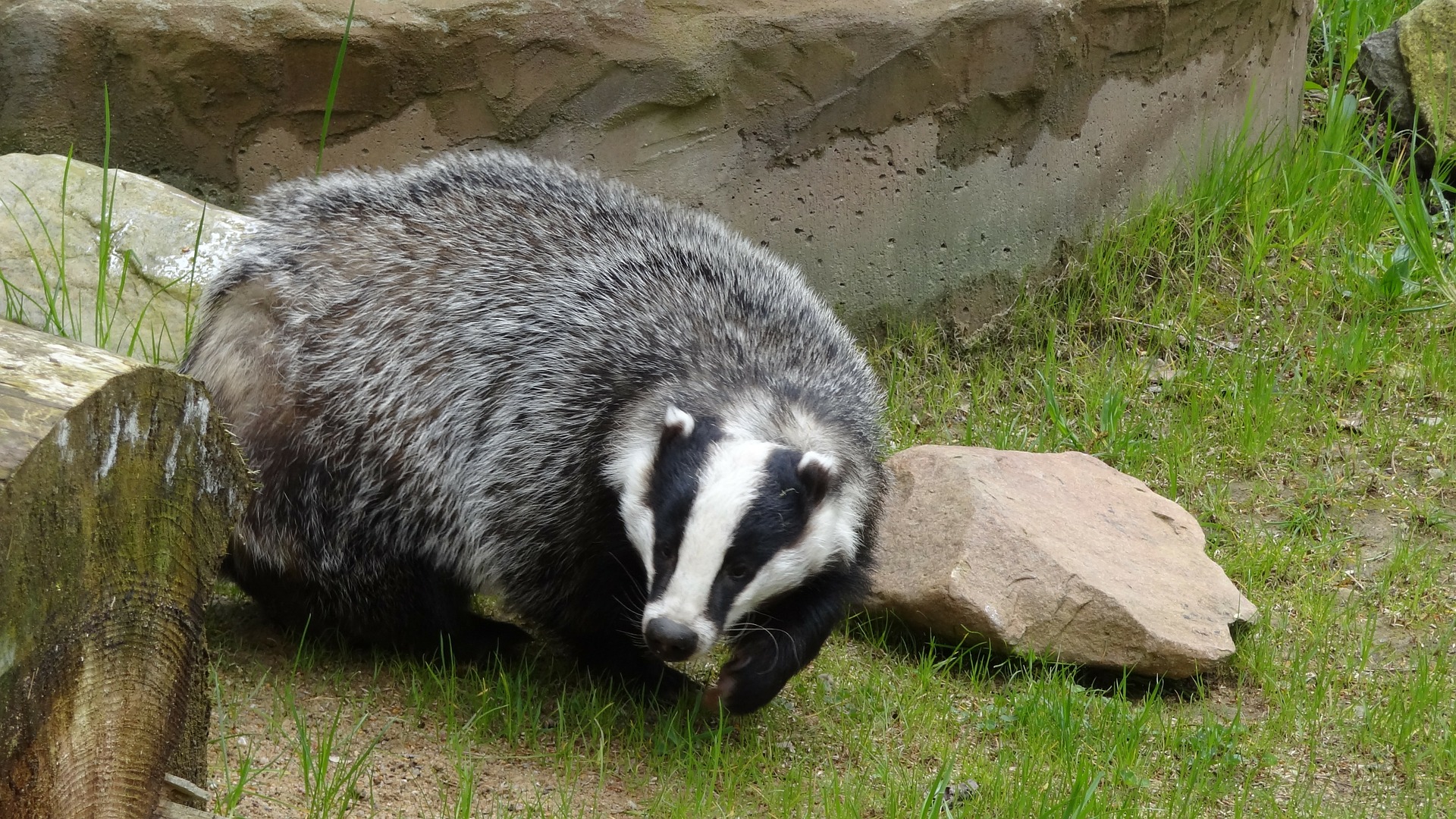
Photo credits: Pixabay
Topics
Authors
Celeste Meiffren-Swango
State Director, Environment Oregon
As director of Environment Oregon, Celeste develops and runs campaigns to win real results for Oregon's environment. She has worked on issues ranging from preventing plastic pollution, stopping global warming, defending clean water, and protecting our beautiful places. Celeste's organizing has helped to reduce kids' exposure to lead in drinking water at childcare facilities in Oregon, encourage transportation electrification, ban single-use plastic grocery bags, defend our bedrock environmental laws and more. She is also the author of the children's book, Myrtle the Turtle, empowering kids to prevent plastic pollution. Celeste lives in Portland, Ore., with her husband and two daughters, where they frequently enjoy the bounty of Oregon's natural beauty.
Find Out More

Solar energy is on the rise in Tennessee
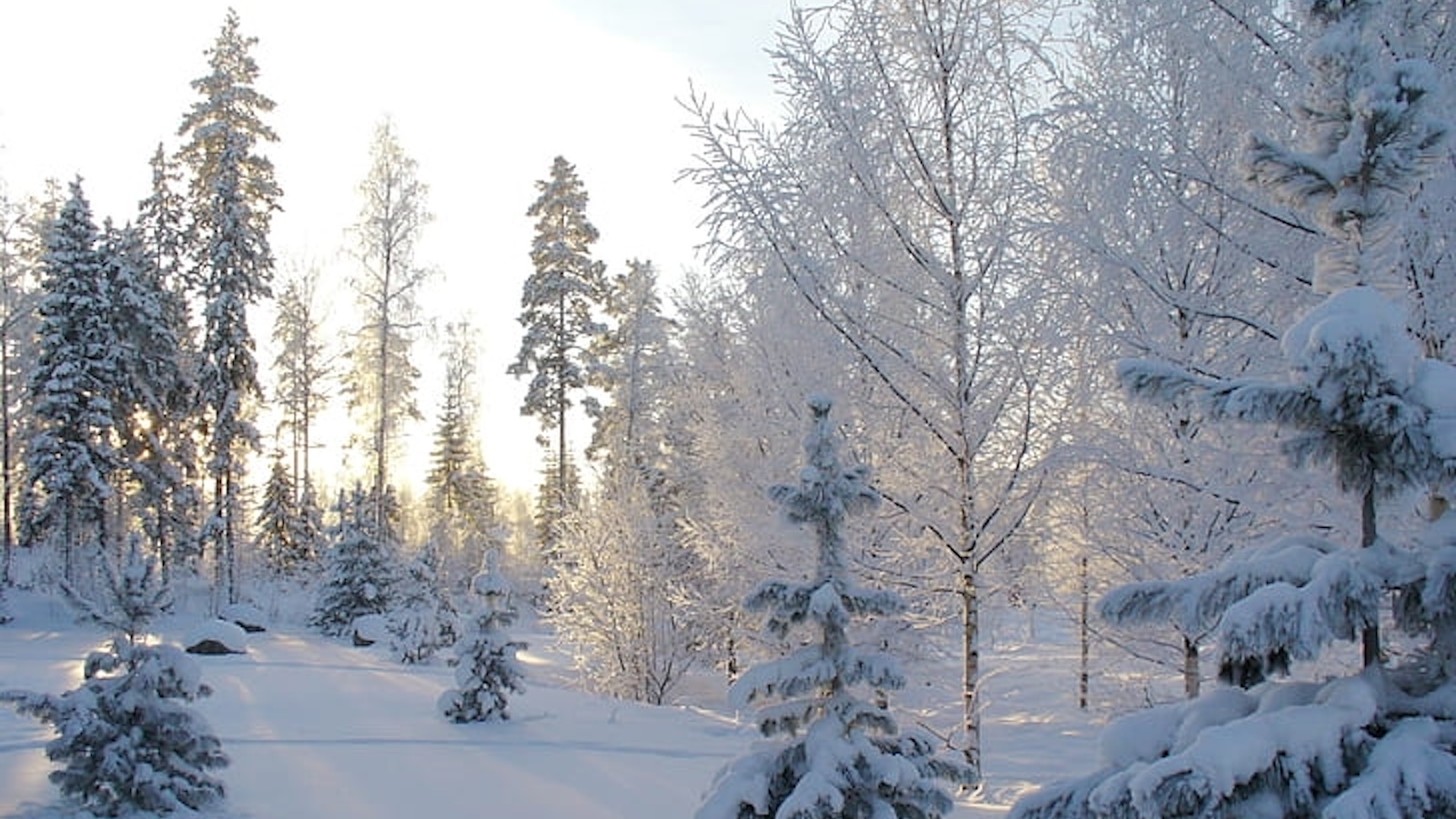
Five of the biggest wins for wildlife and wild places in 2023
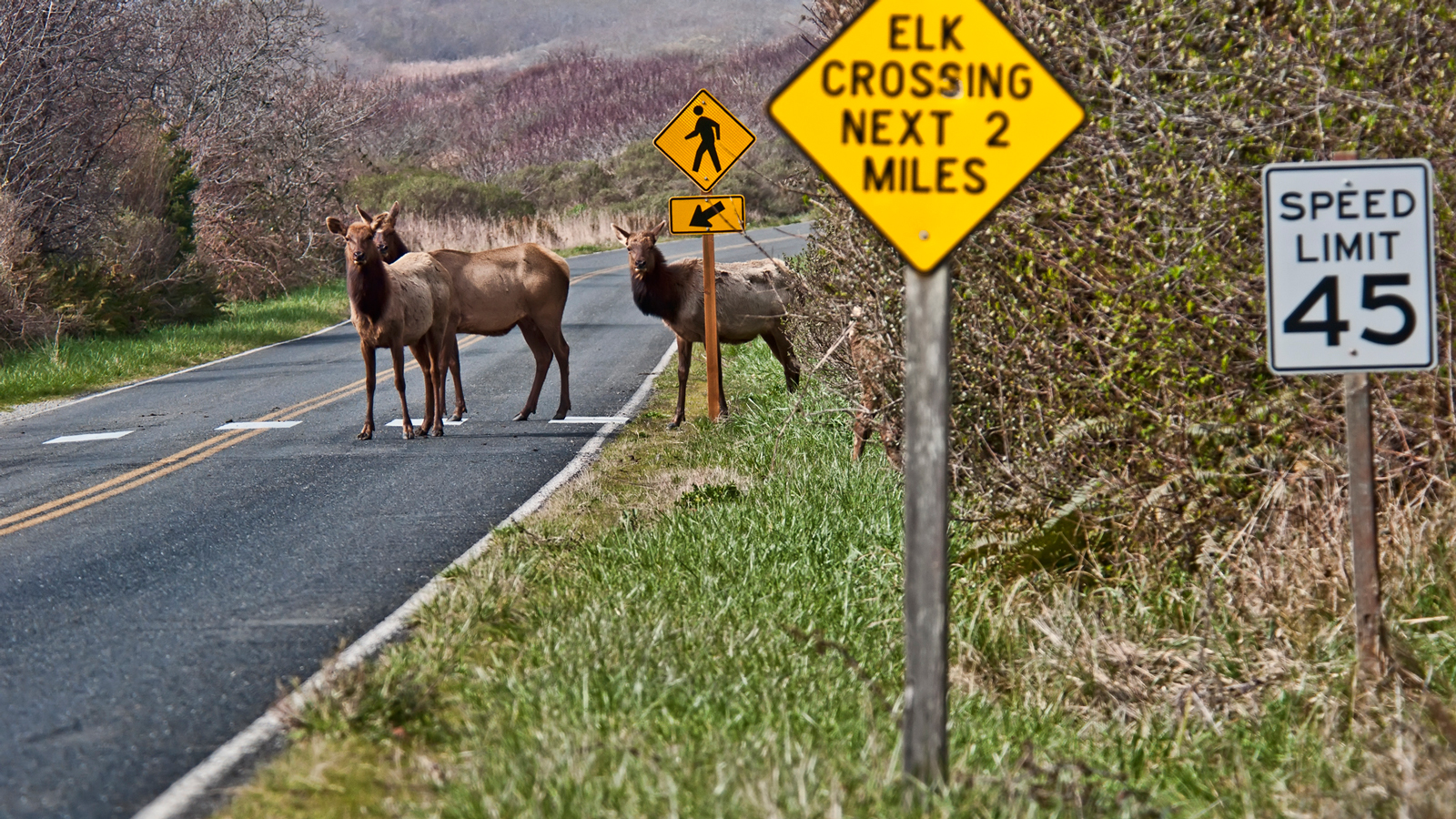
Wildlife crossings connect small, fractured habitats
